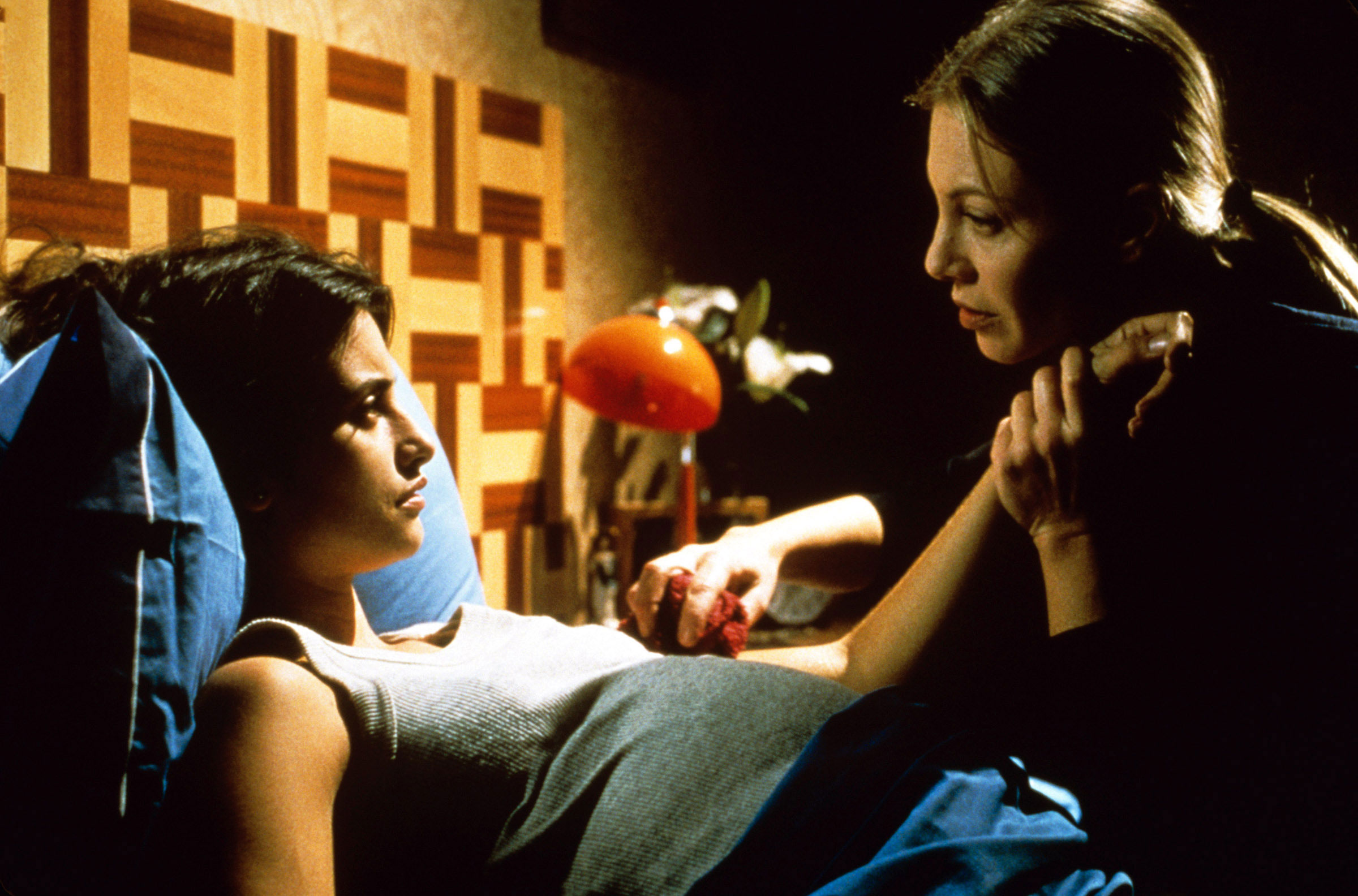We live in a world fixated on identity, dependent on sorting people into handy groups. But how can any human be just one thing? This seems to be a question the great Spanish filmmaker Pedro Almodóvar has been asking, consciously or otherwise, for decades, and it comes to the fore with both pathos and joy in his 1999 masterstroke All About My Mother. Cecilia Roth gives a vibrantly shaded performance as Manuela, a devoted single mother who suddenly loses her 17-year-old son, Esteban. The boy had never known his other parent, but Manuela now feels the need to connect with her, a transgender woman named Lola (Toni Cantó). As she searches for Lola, Manuela reunites with old friends, like the ebullient, generous trans sex worker Agrado (Antonia San Juan), and makes some new ones, like the sweet nun Rosa (Penélope Cruz), who also happens to be pregnant and HIV positive.
All About My Mother is largely a film about coping with, and moving on through, grief. But even more than that, Almodóvar uses every inch of this grand, colorful canvas to remind us how big the world really is. Old friends can bring us solace, and new ones can open doors we wouldn’t have found otherwise. Whether we’re at home in the bodies we were born with or must enact physical transformations to reflect who we are inside, we’re all in it together. The biggest mistake we can make is to think we can go it alone.
- The 100 Most Influential People of 2024
- Coco Gauff Is Playing for Herself Now
- Scenes From Pro-Palestinian Encampments Across U.S. Universities
- 6 Compliments That Land Every Time
- If You're Dating Right Now, You're Brave: Column
- The AI That Could Heal a Divided Internet
- Fallout Is a Brilliant Model for the Future of Video Game Adaptations
- Want Weekly Recs on What to Watch, Read, and More? Sign Up for Worth Your Time
